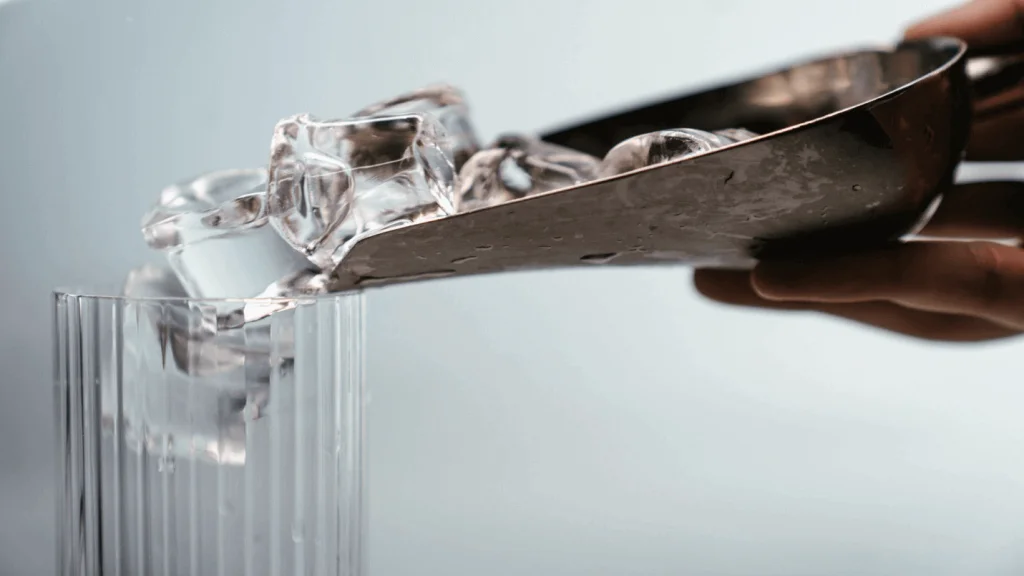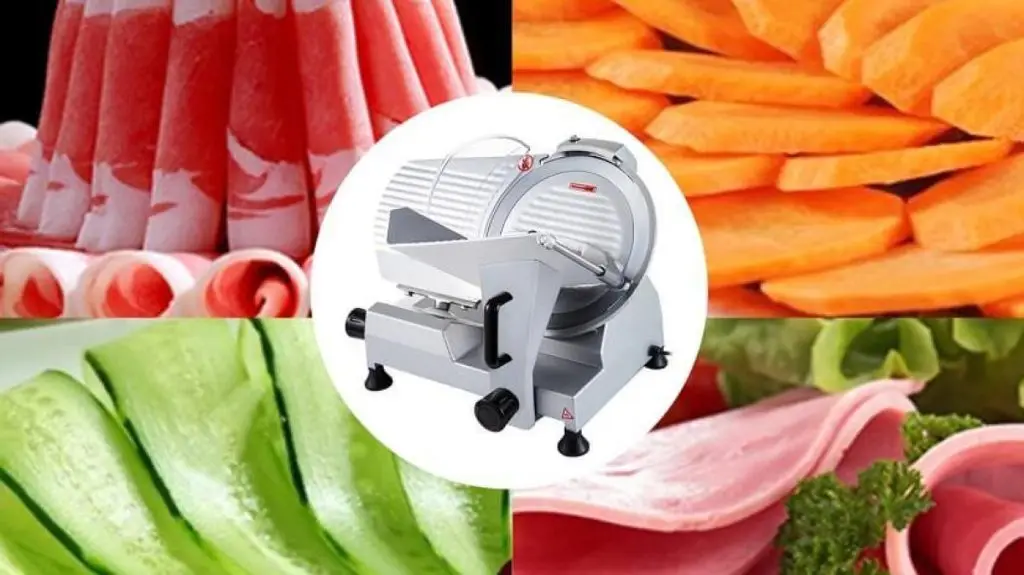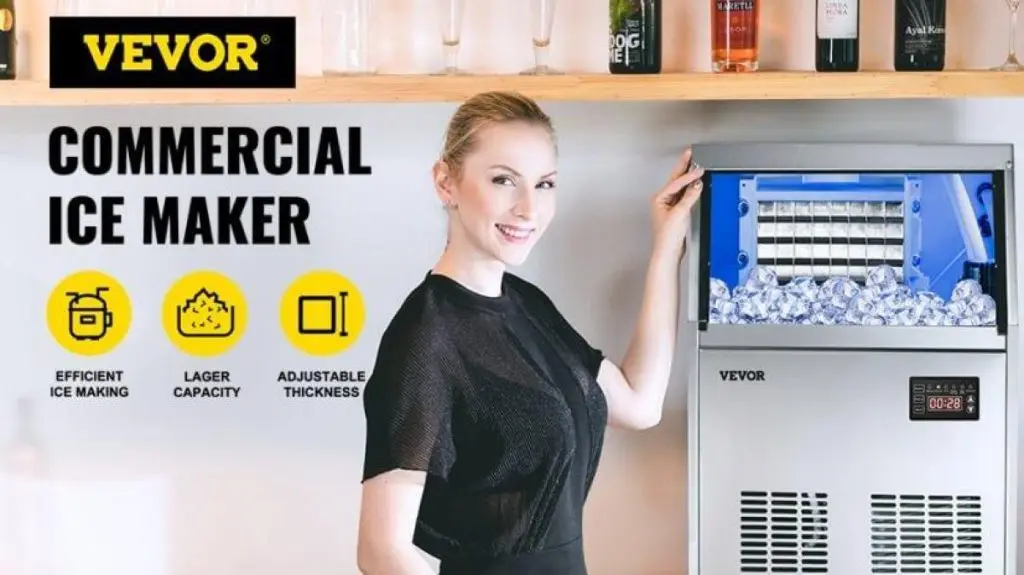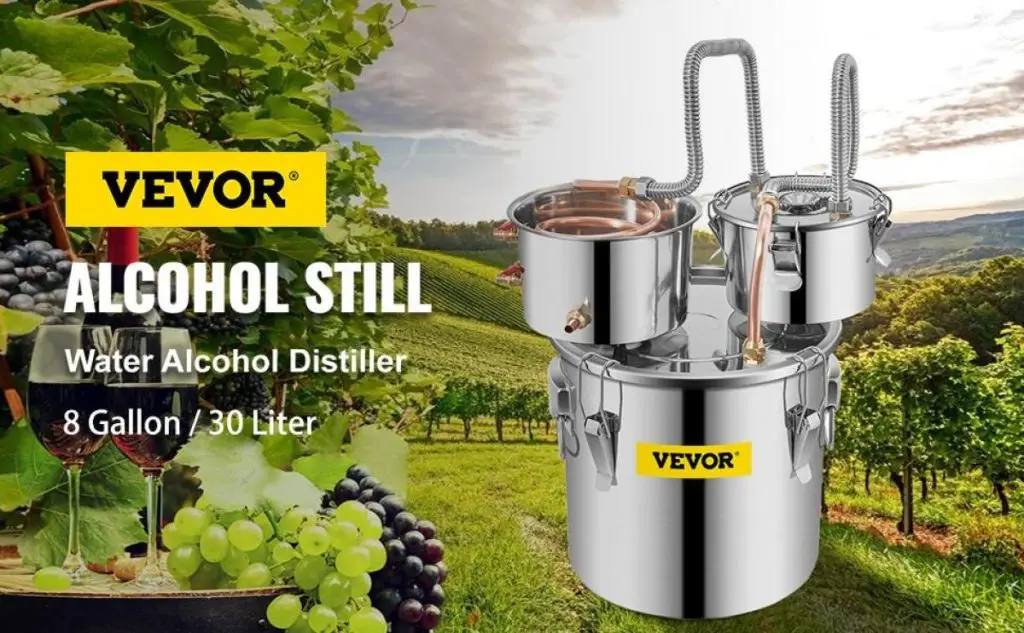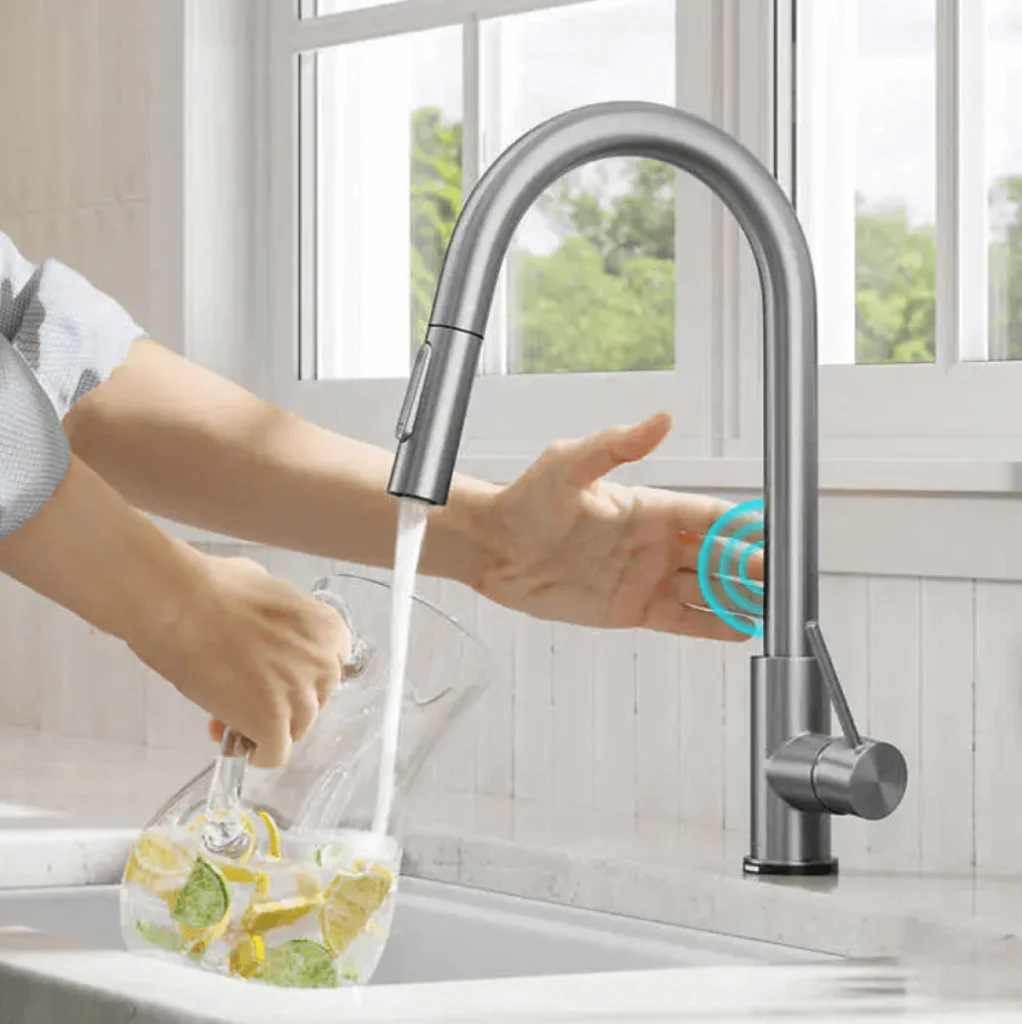Ice cubes are essential ingredients you need to make your drinks taste extraordinary. Elevate your drinking experience with crystal clear and high-quality ice. But how long to make ice?
Most people think ice is only great for chilling drinks. A cocktail stirred in ice cubes adds water to the drink for a slight dilution. The dilution enriches the drink’s flavor by marrying the alcohol flavor with the fruit flavor for a smoother and great-tasting cocktail. There are several applications of ice cubes inside the kitchen and bar and also outside making drinks.
Additionally, the quality, size, and shape of the ice can change your drinking experience. Several factors influence the quality and size of the ice, including the type of ice maker machine, the water quality, and the time frame. How long does it take an icemaker to make ice or for ice to freeze completely?
This article will delve into the time factor and how it affects the ice-making process.
How Long to Make Ice in a Typical Ice Maker and Cycle Time
The ice cubes making process is easy to understand. The process in which an ice maker works is called a cycle. The average ice maker machine makes up to 8-10 cubes every 90 minutes’ cycle. The cycle passes through the following processes.
1. The ice maker tray is filled with water
2. The water freezes
3. The ice maker releases the ice cubes into the storage ice bin
4. If the ice machine has the dispenser feature, it will release the ice cubes into your glass.
Additionally, a complete cycle varies depending on various factors such as the amount of ice being produced, the size of the ice tray, and the temperature settings of your freezer.
In some instances, the fridge freezers can make an average of 3 to 7 lbs of ice within 24 hours, which is approximately 130 ice cubes for 6 to 8 glasses. Therefore, no matter how fast you need the ice cubes, your ice machine cannot freeze faster than its actual cycle time. It can only produce a certain amount at a given time.
Factors Affecting Ice Production Time
Different Ice making machine models and sizes have almost similar ice production rates. However, there are factors that affect the ice production rate in a machine. They include:
1. The Type of Ice Maker and Capacity
The capacity of the ice maker varies depending on the model. You must consider the average ice quantity you need when shopping for the ice maker. Another important factor to consider regarding the capacity is; how long does an ice maker take to make ice and the quantity.
Smaller ice maker machines, such as portable and countertop ice makers, are suitable for moderate production and will freeze faster. On the other hand, the large-sized ice makers will produce a high quantity of ice, but it will take longer.
When buying the ice maker machine, check the size as well as its quality. The VEVOR Commercial Ice Maker Machine is a high-quality and high-speed ice maker suitable for large-scale ice production. The machine is made with heavy-duty materials to ensure durability.
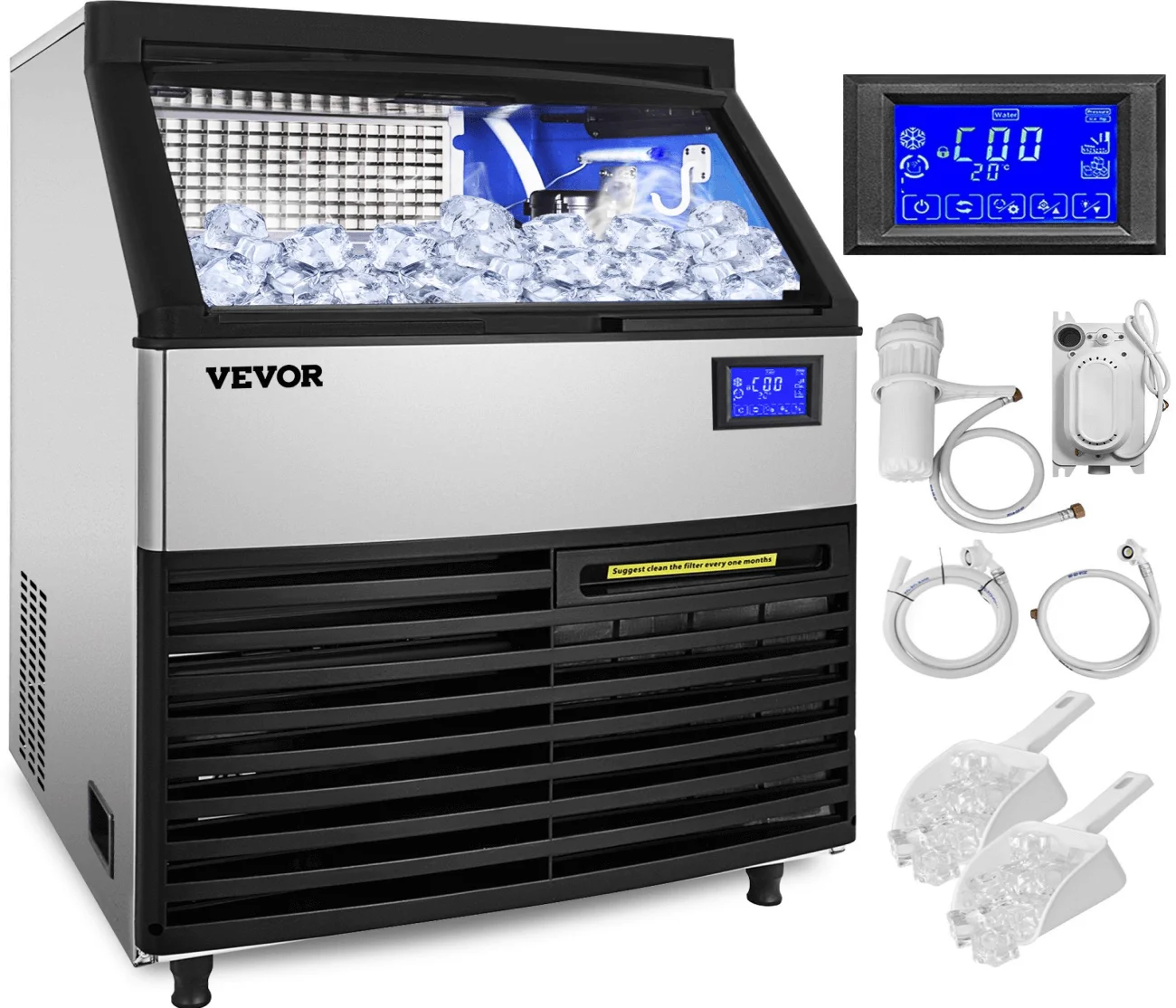
In addition, it is equipped with an advanced 510W SECOP compressor, capable of producing up to 90 ice cubes in a single cycle within 8 to 15 minutes and approximately 265 lbs of ice within 24 hours. Check different types and sizes of ice makers by VEVOR at vevor.com.
2. Initial Setup and Preparation
You must prepare the water to freeze as well as the ice maker and the ice cube trays. Ensure the ice maker is clean and there is no food debris, dirt, and particles on the fridge freezer. These contaminants will affect the quality of ice and prolong the ice-making process.
Also, do not keep the machine close to walls or other objects as it restricts the airflow. Keep a 15 cm distance between the automatic ice maker machine and the wall or the object.
When it comes to the quality of water, ensure it is clean. Dirty water will affect ice quality and prolong the time to make ice. Hot water freezes faster compared to cold water, a theory known as the Mpemba effect. So, it is preferable to use hot water rather than cold water.
Additionally, the water quality will affect the ice quality and the time it takes to make ice. Distilled water or double-boiled water will give you the best quality crystal clear ice cubes within a shorter time.
3. Ambient Conditions
The external environment where your ice machine is can influence ice production. For instance, in places with high temperatures in degree Celsius, the machine will work harder until the water is frozen.
If the climate is too warm, the ice machine will take longer for ice to freeze. On the other hand, cooler temperatures speed up the ice-making process. Ice tends to freeze faster in cooler climates. Consider keeping your ice machine in a cooler place to ensure its optimal performance.
4. Ice Cube Size and Shape Preferences
How long does an ice maker take to make ice? There are several other factors, including the size of the ice.
The size of the ice cube varies in different sizes depending on the size of the ice cube tray or other ice molds.
The smaller size, the less time for ice to freeze. On the other hand, larger ice cubes will take longer to freeze.
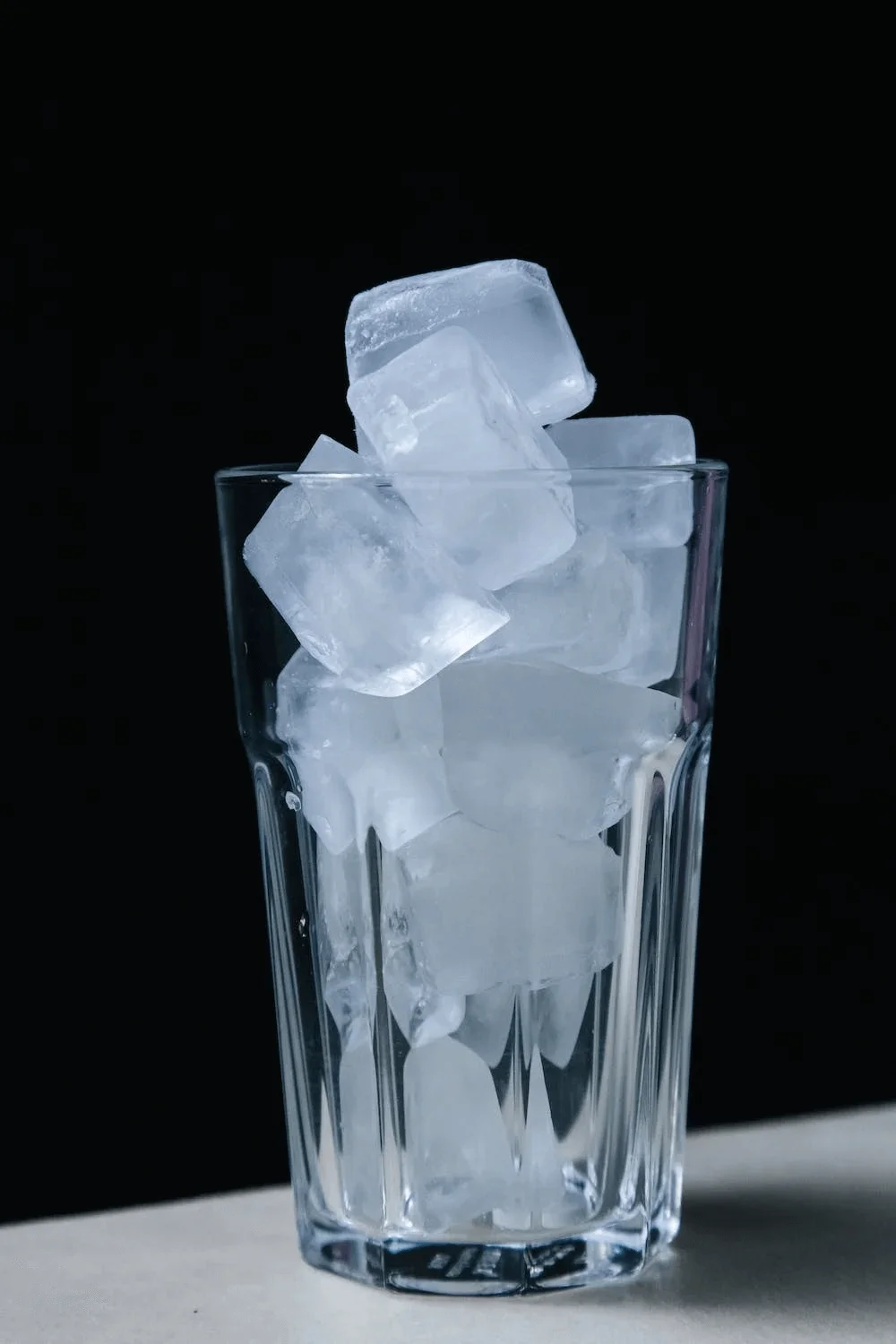
Tips for Faster Ice Production
If your ice maker is not fast enough, it could be due to incorrect temperature settings, a clogged water filter, or too much or little food in the freezer.
Here are tips for faster ice production.
1. Lower the Temperatures of the Freezer.
Ensure the temperatures of the freezer are set between 0 degrees to 5 degrees Celsius to keep the food frozen and for faster ice freezing.
2. Keep the Freezer Well Stocked
Too much or too little foodstuffs in the freezer will slow down the freezing process.
3. Avoid Opening the Freezer
Constantly opening the freezer will dramatically slow down the process. Opening the door too frequently increases the temperatures inside.
4. Replace the Water Filter Regularly
A clogged water filter is one of the reasons why your freezer is slow. If the filter is clogged, it prevents water from flowing freely to the ice maker. Clean or replace the filter.
5. Ensure Other Components Working Optimally
Ensure that all the components in the ice maker, such as the feeler arm or sweep, perform well. The feeler arm senses the amount of ice in the ice bin and shuts off automatically when the production has reached its peak. If the feeler arm malfunction, the ice cubes flow to the ice bin will stop, thus generally slowing down the ice-making process. Additionally, ensure the water lines are not clogged or have pressure issues.
6. Keep the Freezer Away from the Wall or Objects
Keeping the freezer too close to the wall or blocked by objects will prevent free air circulation, thus affecting or slowing down the ice-making process.
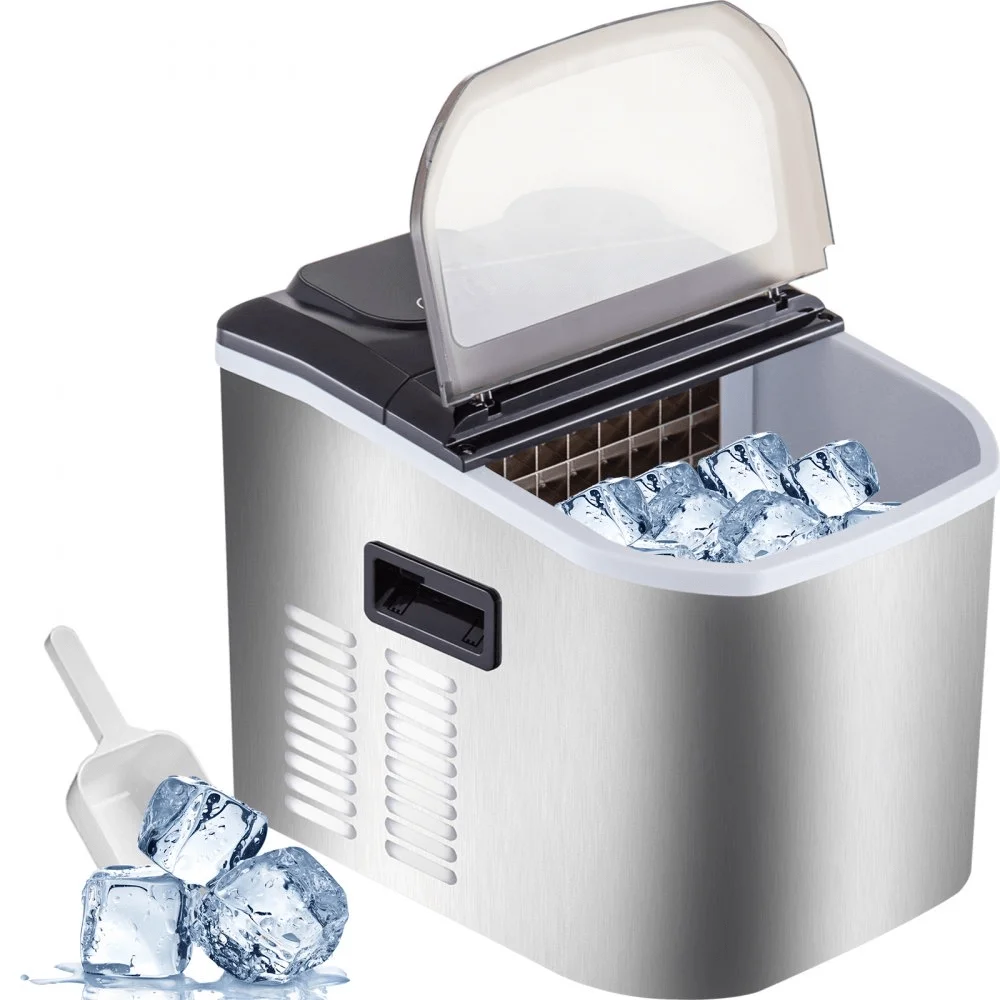
Final Thoughts
How long does it take an icemaker to make ice? Most modern ice makers perform relatively fast. Depending on the type of machine, it takes approximately 60 minutes to make around 20 ice cubes, modern ice machines run 16 cycles a day, until the bin fills the ice.
To keep your ice machine performing optimally, ensure the temperatures are not set too high, the water filter is clean and unclogged, and the machine has sufficient air circulation. Also, ensure the ice cube tray is filled with water properly for a high-quality ice cube.
Frequently Asked Questions about Ice Maker
1. How long does it take an icemaker to make ice?
A good-performance fridge freezer or ice maker should make around 8 to 10 ice cubes every 90 minutes. So, an average ice maker can cycle around 16 times a day, making up to 130 cubes within a 24-hour period. The number of times the ice maker makes ice varies depending on the size of the ice cube trays and the size of the ice, as well as the type of ice maker.
2. How can I make an ice maker to make ice faster?
Lower the freezer temperature by approximately 0 degrees -5 degrees Celsius. The water in the ice cube trays will freeze faster, triggering the tray thermostat to get warm and release the ice. Then, the process starts all over again.
3. What is the right water temperature for making ice?
The ideal water temperature for turning water into ice is 32°F or 0° degrees, at which the water is frozen, called the freezing point.

